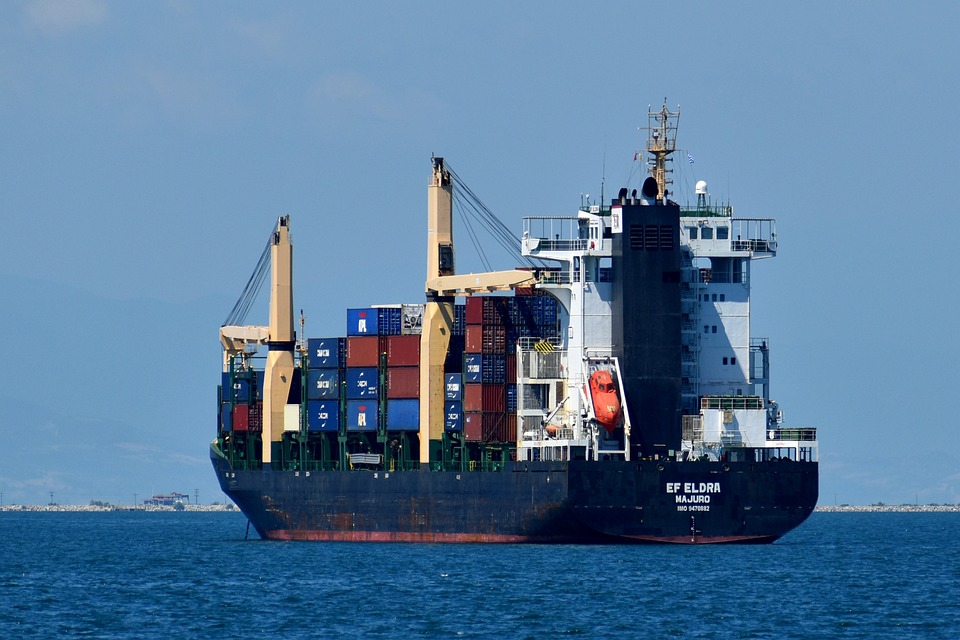
enteredExport agentWhat core services can be provided to enterprises?
Professional ImportExport agentServices include the following core modules:
- Customs process managementClassification by HS code.customs clearanceDocument preparation to electronic port data declaration
- Document compliance processing: Including the preparation of 36 types of trade documents such as proforma invoices, packing lists, and certificates of origin
- Optimization of logistics programs: Recommend the best EXW/FOB/DDP terms based on cargo characteristicsConditions of Tradecombination
- Tax compliance services: VAT declaration,Export tax refund(The current average tax refund cycle has been shortened to 45 days)
- Risk management system: Predict and avoid technical trade barriers in destination countries (such as the new EPR regulations to be implemented by the EU in 2025)
Do small and medium-sized enterprises need import/export agency services?
According to 2024 General Administration of Customs data, SMEs using professional agencies saw a 62% improvement in customs clearance efficiency. The following situations recommend entrusting an agency:
- Enterprises with annual export value below 50 million RMB
- Involving special regulated goods (medical devices, chemicals, etc.)
- Enterprises entering new markets for the first time
- For example, differentiated tariff policies in ASEAN countries
- Halal certification requirements in Middle Eastern regions
How do import/export agents handle sudden customs inspections?
Professional agencies crisis management processes include:
- Real-time monitoring system: Early warning for 98% of routine inspections
- Emergency response mechanism: Complete document review and supplementation within 2 hours
- Localized service network: On-site coordinators at all 54 direct customs offices nationwide
- Case: A photovoltaic enterprise facing anti-dumping investigation in Europe had its agency complete a price undertaking proposal within 3 days
How to respond to 2025 cross-border e-commerce new regulations?
For upcoming cross-border e-commerce regulatory reforms, professional agencies provide:
- Overseas warehouse filing services (differential processing based on 1210/9810 regulatory codes)
- ERP system modification: Integration with GACCs cross-border single window
- Compliance solutions:
- EU DAC7 tax information exchange compliance
- US INFORM Consumers Act response
How to identify high-quality import/export agency service providers?
Key considerations when selecting service providers:
- Qualification documents: AEO-certified enterprises preferred (currently only 623 nationwide)
- Service cases: Provide same-industry service cases
- Technical capability: Possess intelligent customs declaration system (e.g. AI classification system)
- Risk control system: Purchase sufficient cargo insurance (recommended no less than 110% of cargo value)
What items are included in the agency fees? Are there any hidden costs?
Standard service quotation should include:
- Basic service fee: Document preparation, system usage fee
- Government charges: Customs inspection fee, port charges, etc. reimbursed at actual cost
- Special Attention:
- Destination port fees (e.g. Brazils SISCOSER system access fee)
- Special period surcharges (peak season port congestion surcharge)
What agency services are needed for the transformation of traditional foreign trade enterprises?
Essential digital transformation service modules:
- ERP system integration: Enable automatic transmission of customs data
- Intelligent declaration system: Automatically generate over 20 declaration elements
- Supply chain visualization: Real-time cargo tracking (accuracy up to 98%)
- Case: A garment enterprise reduced customs clearance time from 72 hours to 8 hours through agency system
How do import and export agencies protect clients business confidentiality?
Formal agency confidentiality measures include:
- Signing NDA (covering 12 categories including customer information and transaction prices)
- Encrypted data transmission: Using SM4 encryption algorithm certified by State Cryptography Administration
- Hierarchical permission management: Three-level access control for sensitive information
- Physical isolation measures: Independent deployment of customer servers


 Follow Customer Service WeChat
Follow Customer Service WeChat